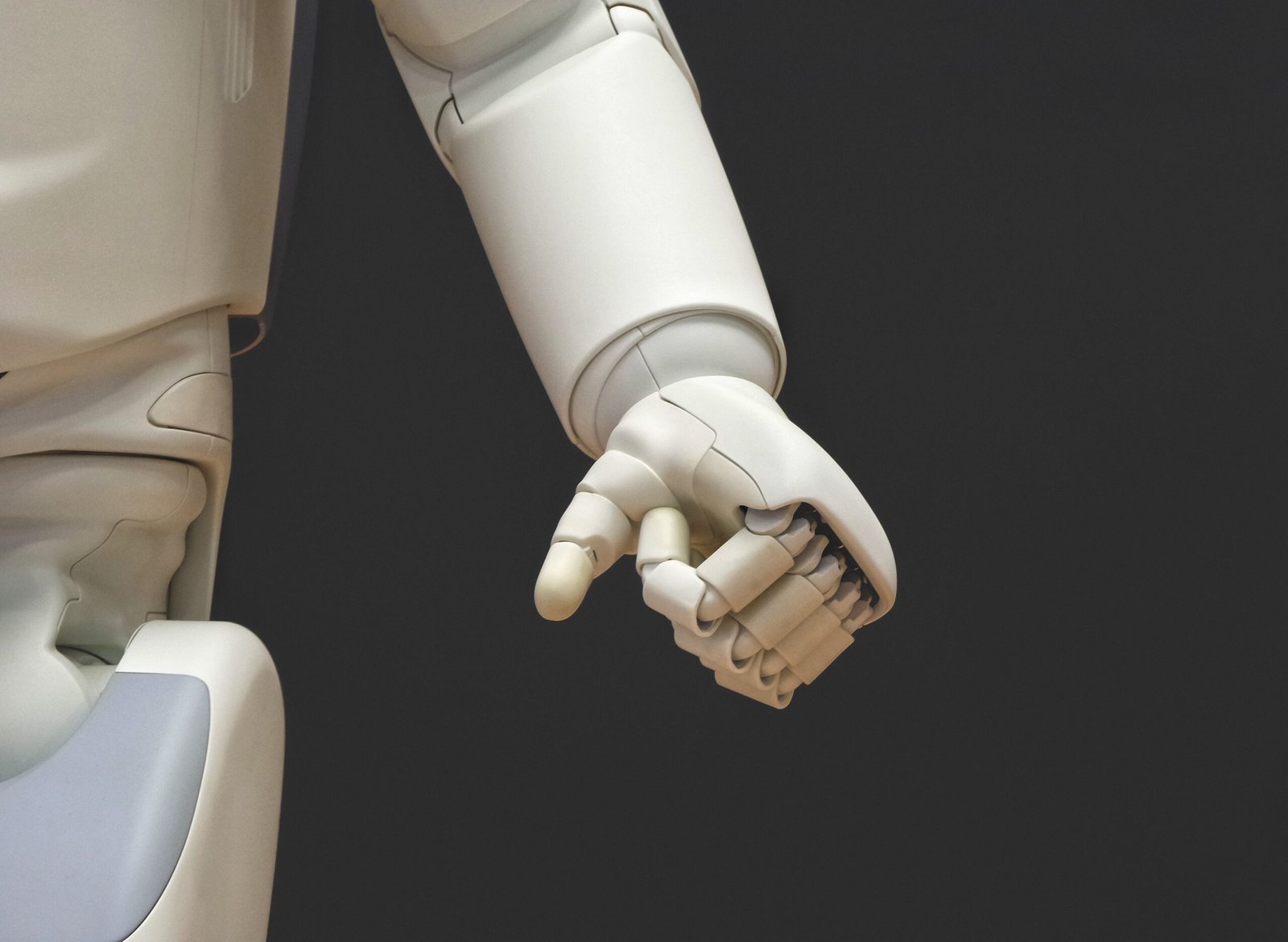The rapid advancements in the realm of artificial intelligence (AI) have ushered in a new era for the medical field, transforming the way healthcare is delivered, diagnosed, and managed. AI, with its remarkable ability to process vast amounts of data and make complex predictions, is becoming an invaluable tool in the hands of healthcare professionals, offering enhanced diagnostic accuracy, personalized treatment plans, and improved patient care.
AI-Powered Diagnosis
One of the most significant breakthroughs is AI’s ability to assist in disease diagnosis. Machine learning algorithms are capable of analyzing medical images, such as X-rays, MRIs, and CT scans, with a level of precision that rivals or surpasses human experts. This can expedite the diagnosis of conditions like cancer, heart disease, and neurological disorders, ultimately leading to earlier interventions and improved patient outcomes.
Predictive Analytics for Disease Prevention
AI also plays a pivotal role in disease prevention and management. By analyzing patient data, AI can predict the risk of certain diseases, enabling healthcare providers to implement preventive measures and recommend lifestyle changes. These predictive models can help identify patients at risk of diabetes, heart disease, or other chronic conditions, allowing for more proactive and personalized care.
Personalized Treatment Plans
Artificial intelligence is redefining the way treatments are tailored to individual patients. AI algorithms can consider a patient’s genetic makeup, medical history, and other relevant data to create customized treatment plans. This precision medicine approach not only increases treatment efficacy but also reduces the risk of adverse side effects.
Enhancing Drug Discovery
The drug discovery process, which traditionally takes years and billions of dollars, is being expedited through the use of AI. Machine learning algorithms analyze biological data, identify potential drug candidates, and simulate their effects, significantly reducing the time and resources required to develop new medications. This innovation holds the potential to bring life-saving drugs to market faster.
Streamlining Administrative Tasks
In addition to clinical applications, AI is streamlining administrative tasks within healthcare. Chatbots and virtual assistants are being employed for appointment scheduling, billing inquiries, and medical record management, alleviating the administrative burden on healthcare staff and improving patient experiences.
Challenges and Ethical Considerations
While the integration of AI in healthcare holds great promise, it is not without challenges. Data privacy and security concerns, ethical dilemmas, and the potential for algorithmic bias must be addressed. Striking the right balance between human judgment and AI recommendations remains a crucial aspect of its adoption.
The Future of Healthcare
Artificial intelligence is shaping the future of healthcare, offering a myriad of opportunities for improved patient care, reduced costs, and more efficient medical practices. As AI technologies continue to advance, the medical field is on the cusp of a transformative revolution that promises to make healthcare more precise, accessible, and patient-centric. In a world where medical professionals can harness the power of AI to provide faster and more accurate diagnoses, deliver personalized treatment plans, and prevent diseases more effectively, the future of healthcare looks brighter than ever before.
